French
|
‘A different language is a different vision of life’ |
|
Powerful Knowledge |
|
The study of languages allows students to develop the skills and confidence to belong in the global community as world citizens. Students of MFL are supported so that they are able to see the world through a different viewpoint, they are open and adaptable to new experiences, they are curious and motivated to explore and respect different countries and cultures.
Students of MFL will be able to show they have both excellent communication and lifelong linguistic skills. The study of MFL enables learners to be able to use language spontaneously to initiate communication; ask and answer questions; express thoughts and feelings; present viewpoints; develop arguments; persuade; and analyse and evaluate in speech and writing, including interaction with speakers of French or German.
At Key Stage 5 students will learn to move beyond their own thoughts and feelings to being able to discuss wider social issues in the target language. Students learn to take generally about three far reaching themes, firstly social issues and trends which builds upon students prior learning at KS4 to discuss the changing nature of families, the positive features of a diverse society or how criminals are treated in French or German speaking countries. The second theme is learning about the political and artistic culture of a French or German speaking country which includes the study of music, cinema and immigration. Grammar continues to be an essential part of study at Key Stage 5 and students develop a deep understanding of how French or German languages work. In addition, students are required to develop their understanding of French or German culture even more by the in-depth study of two pieces of literature or film. Finally A level students are required to complete an independent research project as part of the course, in which they must choose a key question or theme they wish to learn more about. This project is intended to develop students' research skills and to prepare them for future study.
|
|
Literacy |
|
Literacy is at the core of modern language study. LIteracy is developed through the four skills of reading, writing, listening and speaking where it is expected that students will be able to understand and to analyse a wide range of texts and authentic source materials. These could include formal and informal letters or emails, newspaper articles, as well as poetry and literary texts. The MFL curriculum will ensure that by the end of the A level course students can read and respond to a variety of texts including some extended texts written for different purposes and audiences drawn from a range of authentic sources, including contemporary, historical and literary, fiction and non-fiction texts, adapted as necessary. In addition to this MFL students will be able to understand the main points, gist and detail from spoken and written material, infer meaning from complex spoken and written material, including factual and abstract content.
In year 13 students need to read and to study a French or German book, in which they must appreciate, analyse and be able to respond critically in writing in the target language to the work they have studied. Their understanding of the work must include a critical appreciation of the concepts and issues covered and a critical and analytical response to features such as the form and the technique of presentation as appropriate to the work studied, for example the effect of narrative voice in a prose text. Through the study of a foreign language many students develop a growing awareness and understanding of English and the etymology of languages which can help them with the studying of other subjects at A level. |
|
School Context |
|
The study of a modern foreign language provides students with opportunities to experience cultures other than their own. Staff expose students to another world of films, songs, literature as well as cultural issues specific to their country of study in order to widen students horizons and global awareness. At Stowupland High School we also provide opportunities for students to use the target language in a real life context through trips to Lille, Paris, The Black Forest as well as a Christmas market trip to Germany, where possible students also have the opportunity to converse in the target language with a native speaker during the course. |
|
Assessment |
|
A-level exams in French and German include questions that allow students to demonstrate their ability to draw together their knowledge, skills and understanding from across the full course of study and to provide extended responses. Students will sit three exams in May/June of year 13.
|
|
Careers |
|
An A-level in a modern foreign language, constitutes an integrated study with a focus on language, culture and society. It fosters a range of transferable skills including communication, critical thinking, research skills and creativity, which are valuable to the individual and society. The content is suitable for students who wish to progress to employment or further study, including a modern languages degree or alongside a degree in another area, e.g. Business with French.
There are many different careers in which an A level in French or German is desirable, these could include the travel and tourism sector, law, retail and business, and education to name a few.
|






